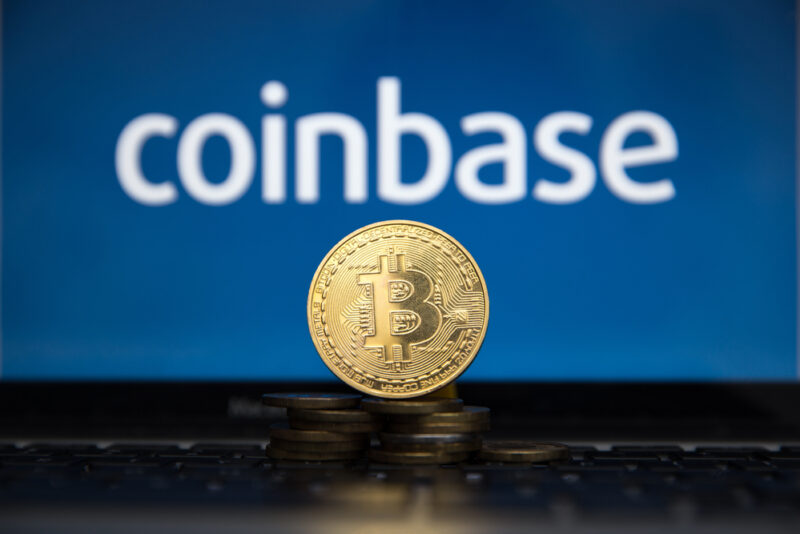Even when growing at their fastest pace, the best tech companies never saw growth rates such as those being enjoyed by Coinbase and Upstart. Since Upstart went public in December, the stock price has risen dramatically. If you harbor any doubts about the growth potential of fintech, all one has to do is look at the earnings reports of two companies that have gone public recently.
Coinbase reported revenue of $2.23 billion, a 12-fold increase year on year. Not a company to be outdone, Upstart Holdings, an online lender, saw revenue climb to $194 million, up 11-fold from a year ago.
Numbers such as these are genuinely staggering. Companies of this size and scale invariably must be in the right place at the right time to even double their revenue. Often, this takes a considerable infusion of fresh capital needed to draw new clients. The most successful tech companies never enjoyed rates of growth of this magnitude while public.
In 1998, shortly after its IPO, Amazon grew about 300 percent. In 2005, Google’s revenue doubled and then tapered off. Facebook never did see triple-digit growth after it went public.
Financial Happenings are Different
Coinbase and Upstart both represent some of the most significant shifts in public market proxies. Control no longer is in the exclusive realm of banks and investment firms. There are numerous easy-to-use and easy-to-understand on-line services providing loans. Start-up banks are driving down fees, app-based stockbrokers, and trading platforms. Valuations in both the public and private markets are huge.
Square is a perfect example. The company went public in 2015. The focus of the business is to act as a payment service for small businesses. Square is now worth well over $125 billion and has a wide range of businesses in its portfolio, including money transfer services.
Square recently announced it was spending $29 billion in stock for an Afterpay, an Australian company providing point-of-sale loans to retail merchants. This represents, perhaps, the largest tech deals of all time, more than any other tech company, including Google, Amazon, Microsoft, and others of similar magnitude, ever spent on any deal.
Eric Jackson, the owner of Upstart, says there is no space in tech as hot as fintech. Many companies in the sector are seeing significant momentum, including Square, Coinbase, and SoFi, an online lender.
Jackson has reason to think that Upstart is the “best of the bunch.” Upstart went public eight months ago at $20 a share. On Wednesday of this week, Upstart’s share price surged nearly 25 percent. Upstart stock is now trading in the neighborhood of $170 a share, valuing the company at more than $12 billion.
Upstart is less than 10 years old. Founded in 2012 by ex-Google executive David Girouard, Upstart, using machine learning, underwrites consumer loans, and is a technology provider to banks who employ it to target customers. Girouard noted that currently, 25 banks, as well as credit unions are employing its technology. He went on to say there is an ever-growing list of lenders for the second half of 2021.
The Boom in Online lending
Upstart second-quarter revenue increased a full 60 percent over the previous quarter. June was the first month to top 100,000 loans and $1 billion in volume.
It is not entirely fair to compare Q2 results from a year ago to Q2 results this year. At that point in 2020, the United States and the rest of the world were in the early stages of the COVID pandemic, and a great deal of the economy had either slowed or shut down entirely.
In its prospectus, Upstart did note that a goodly number of its bank partners had stopped originations, which in turn led to a fall in revenue. Investors were made well aware of this by CFO Sanjay Datta.
Datta noted that references to year-over-year growth for its profit and loss would be omitted this year. He went on to say that the P&L this quarter was well above 1000 percent. This was put down to lapping of the pandemic impact of last year.
WeInvests is a financial portal-based research agency. We do our utmost best to offer reliable and unbiased information about crypto, finance, trading and stocks. However, we do not offer financial advice and users should always carry out their own research.
Read More













